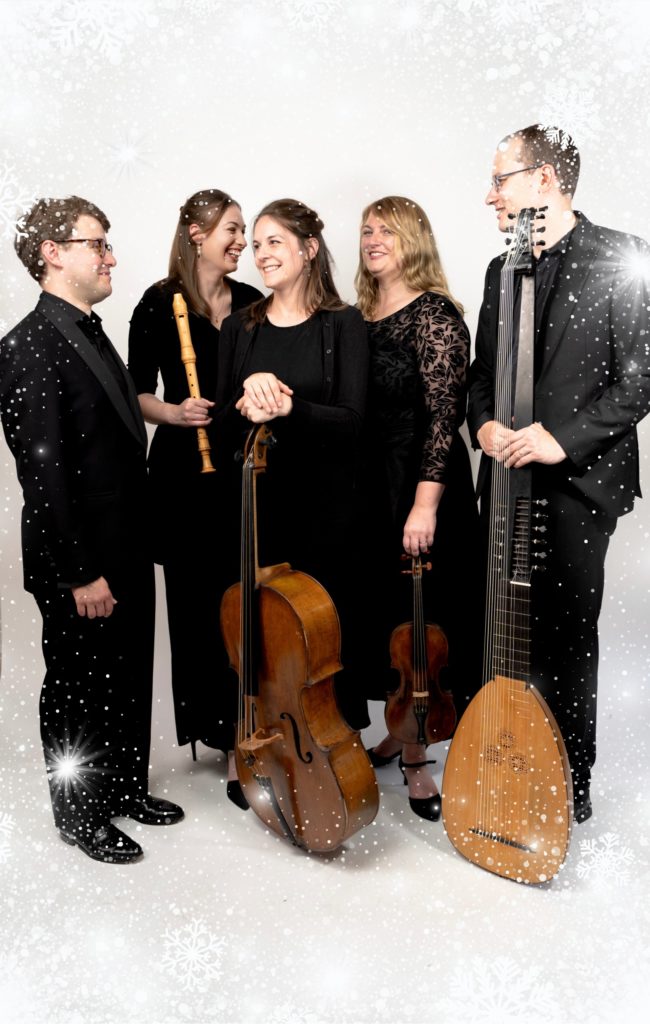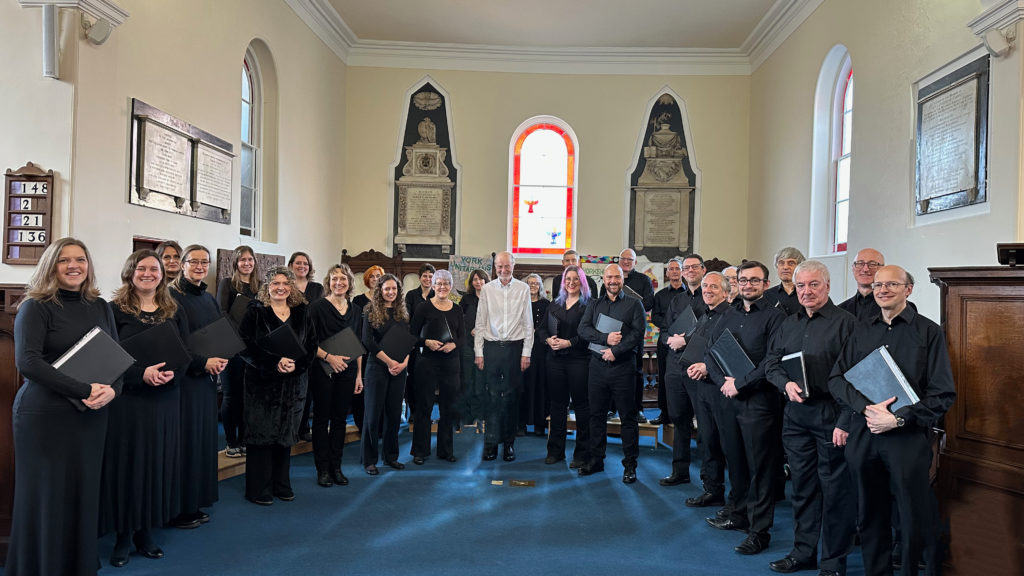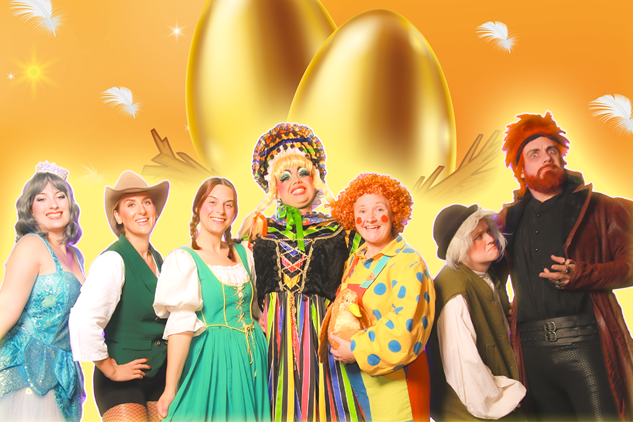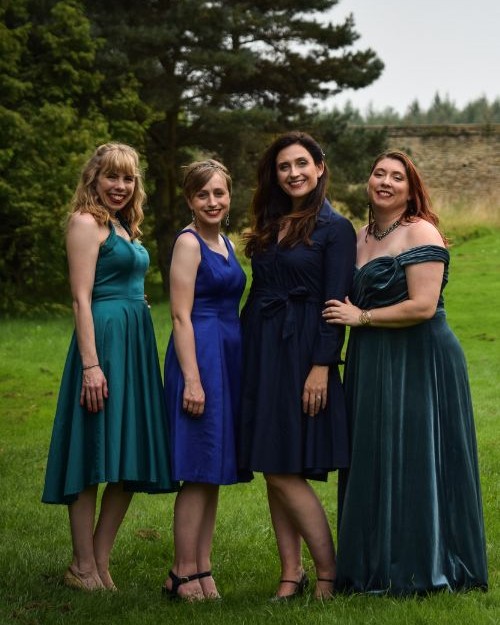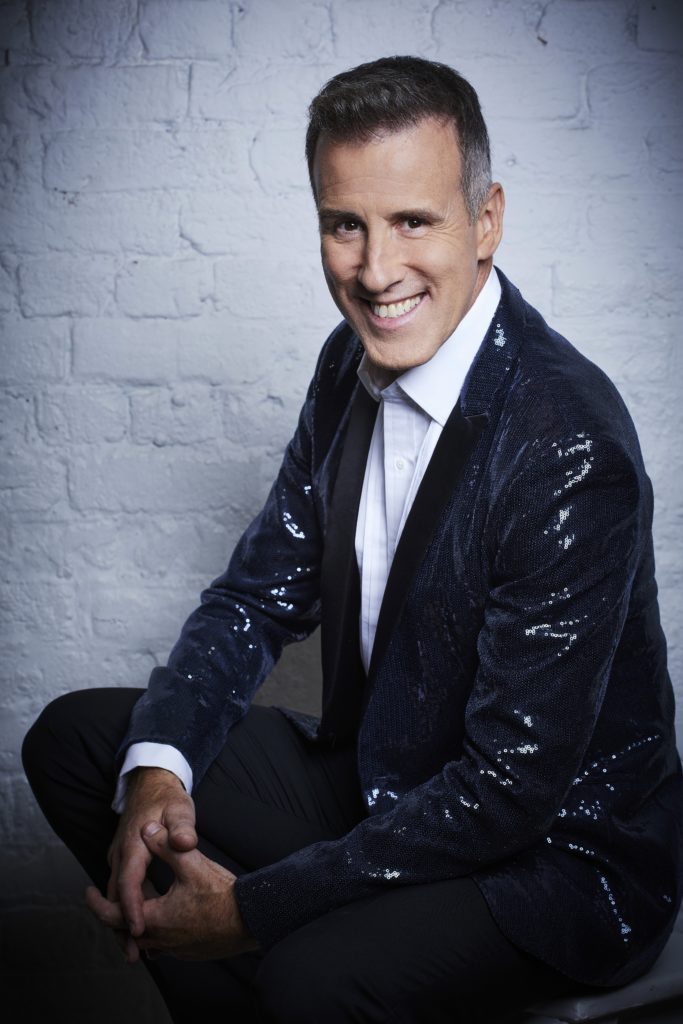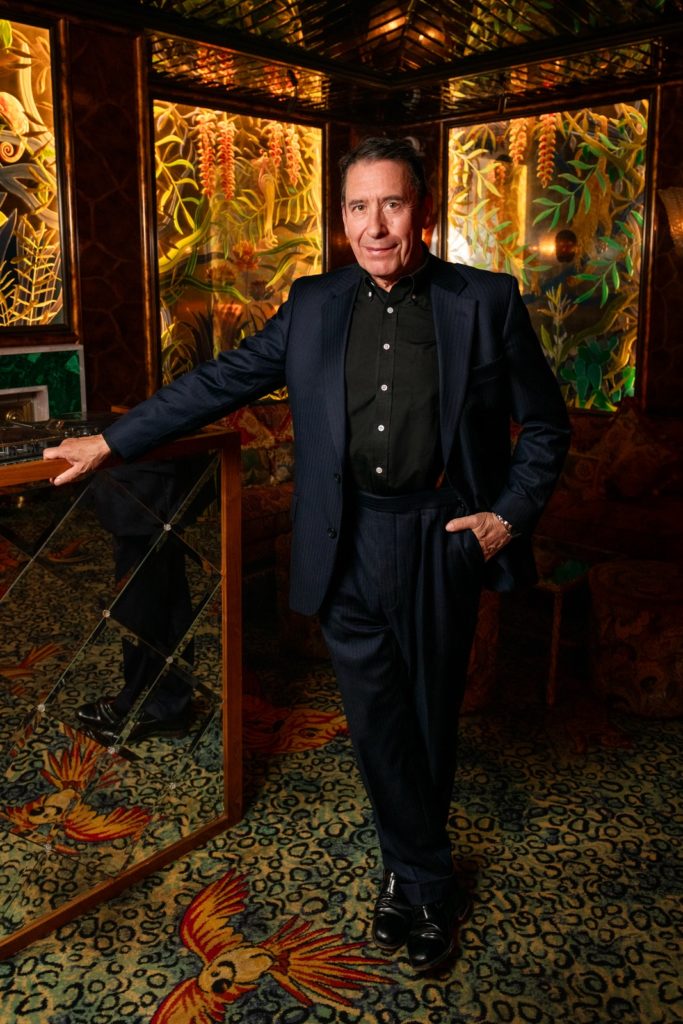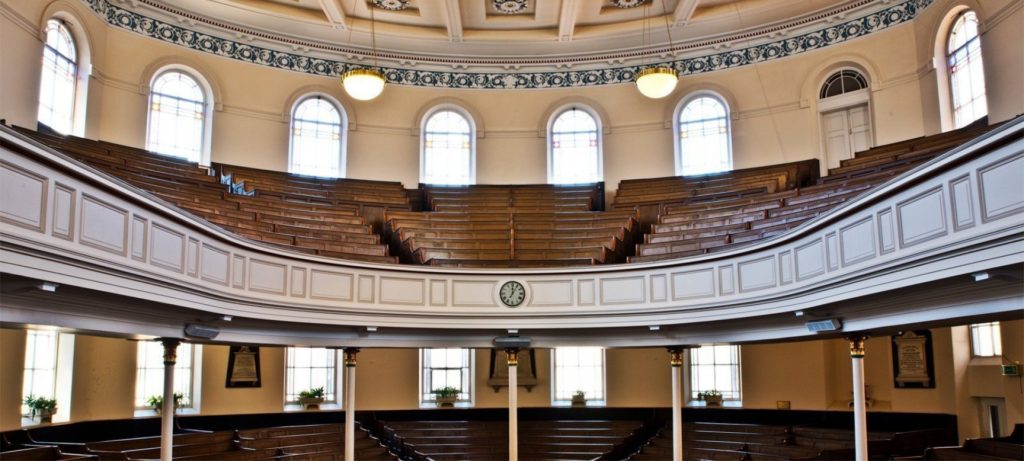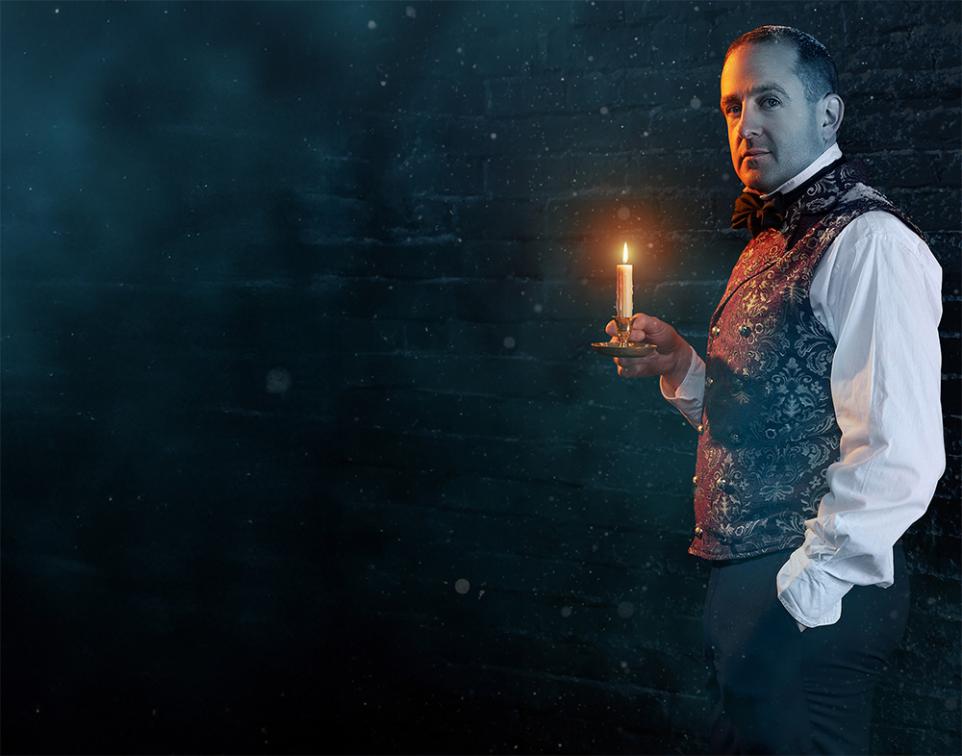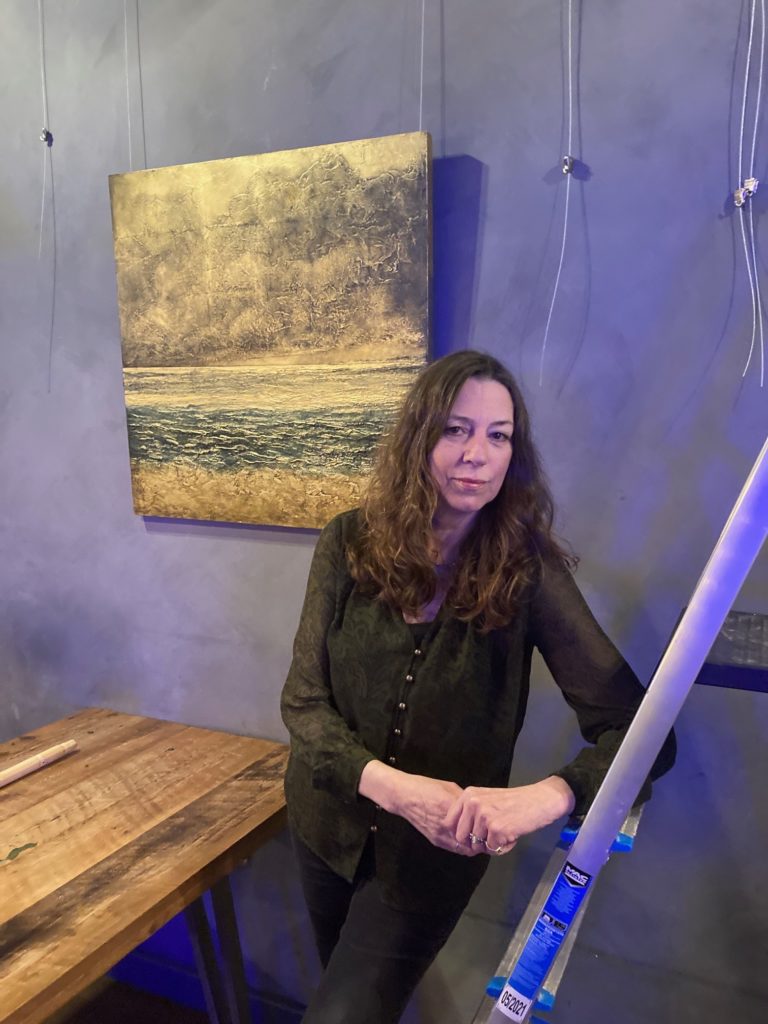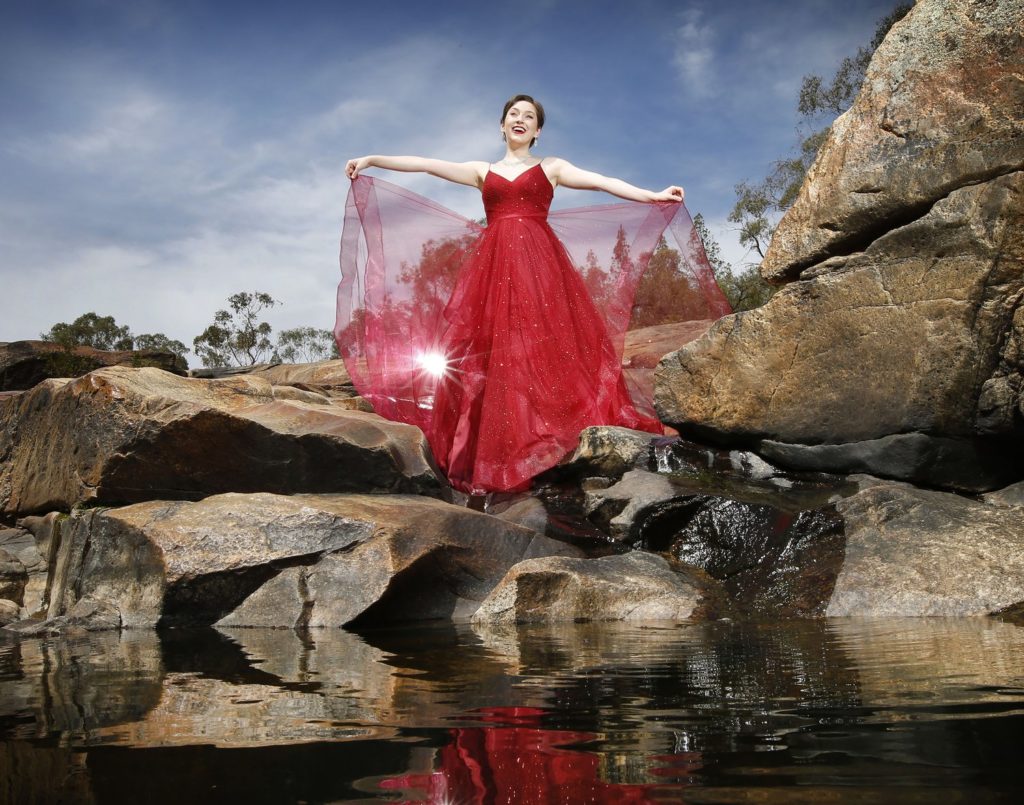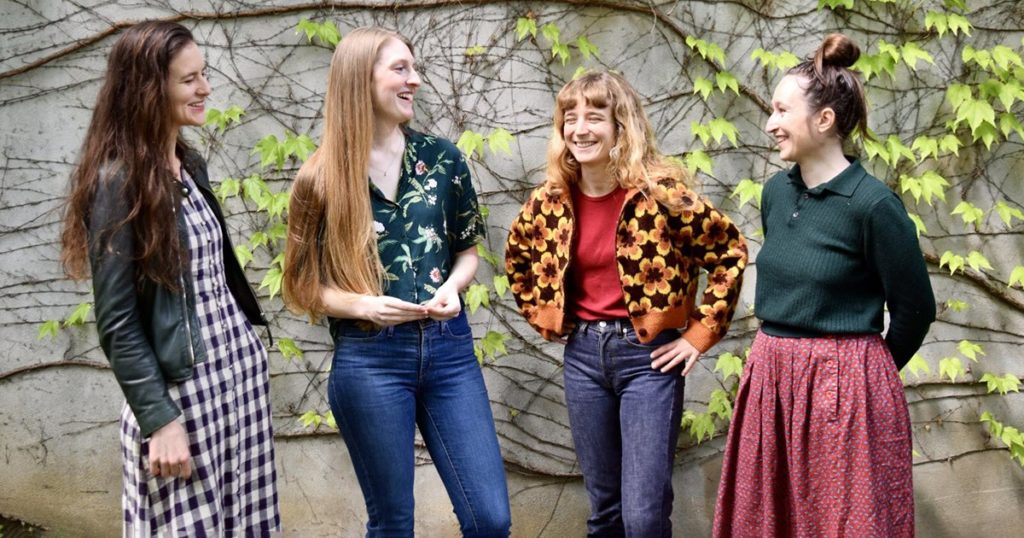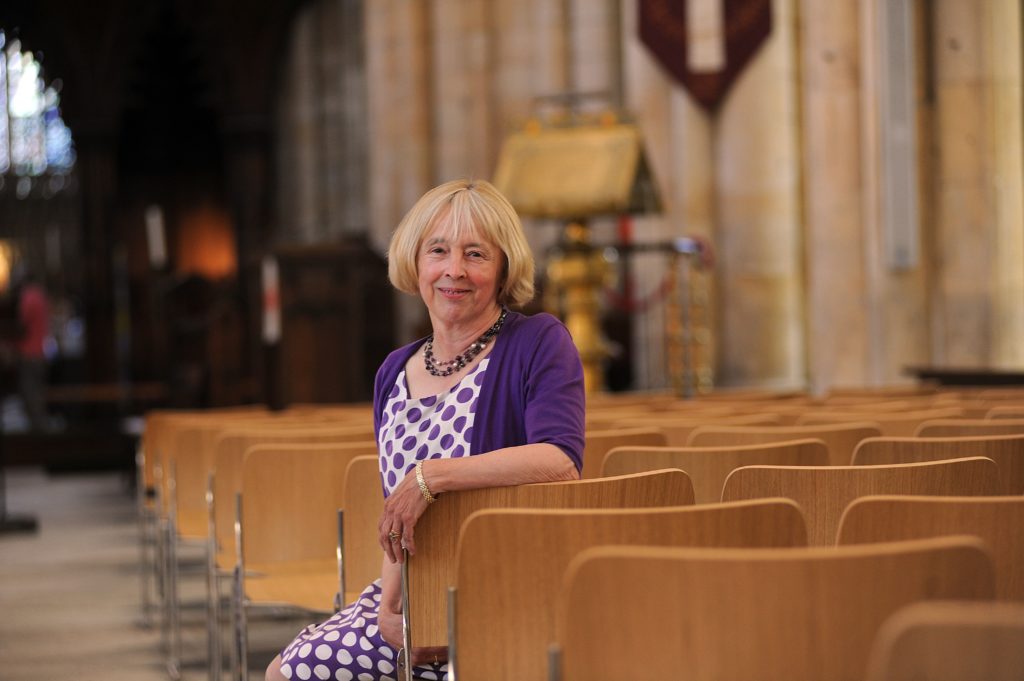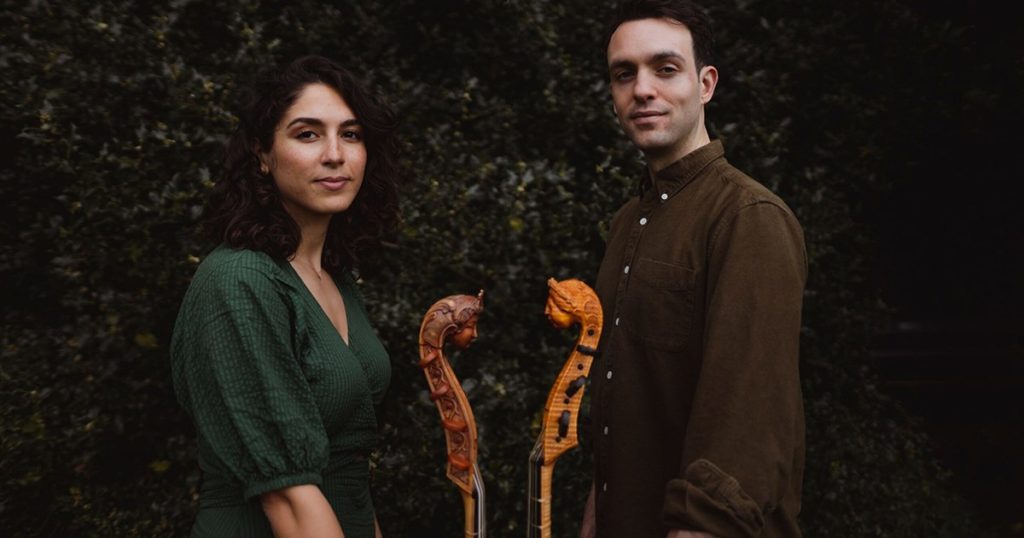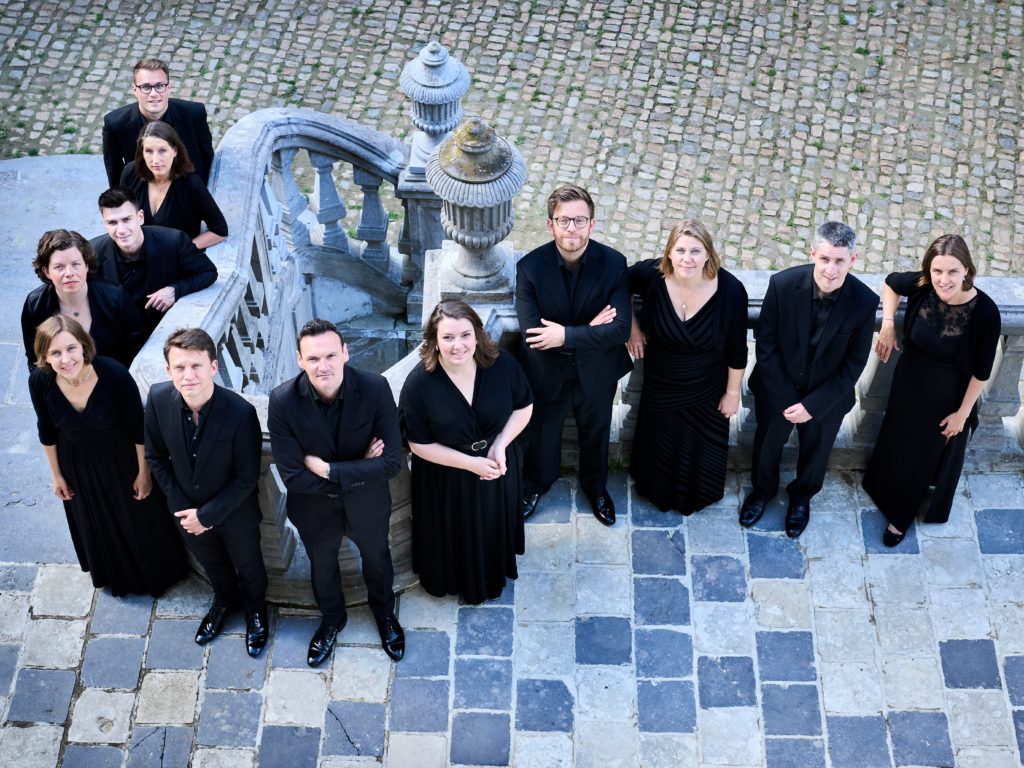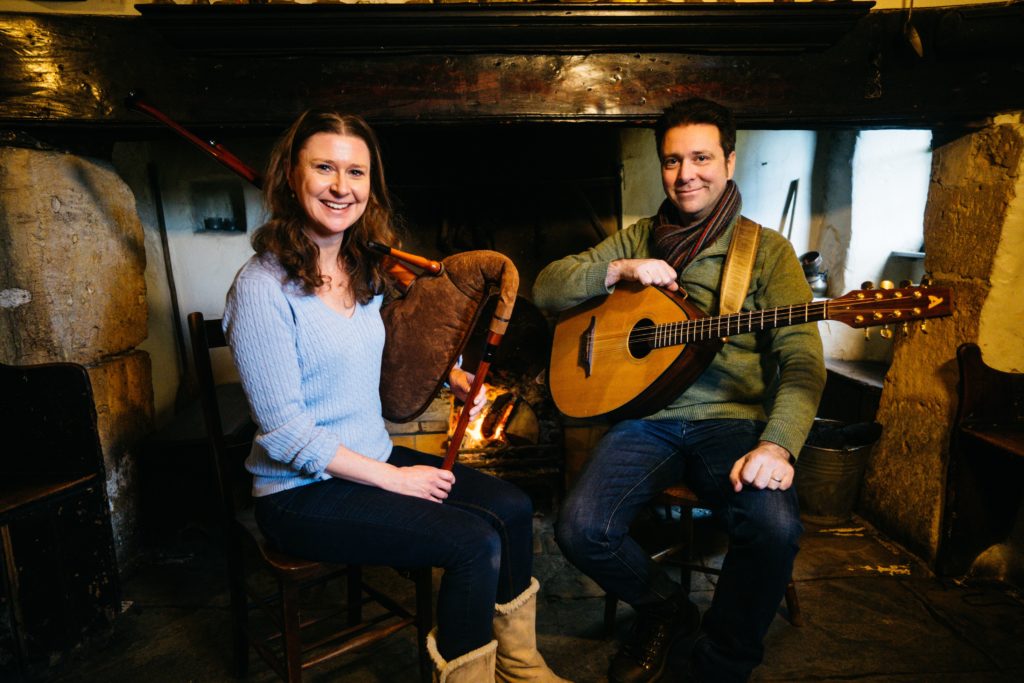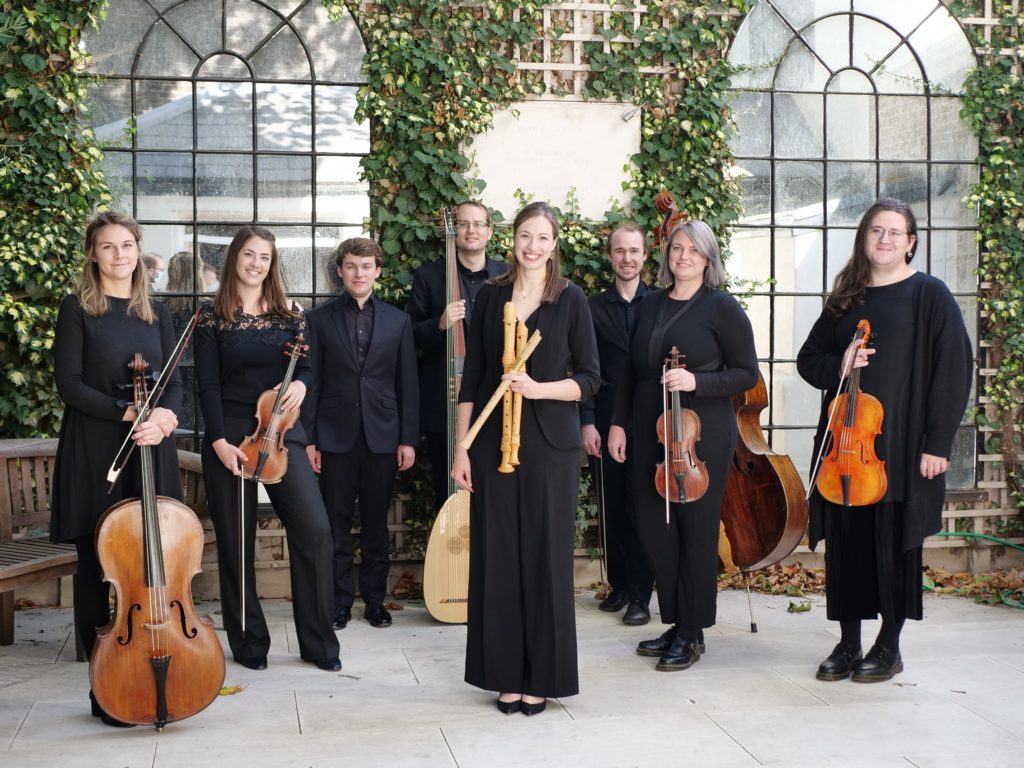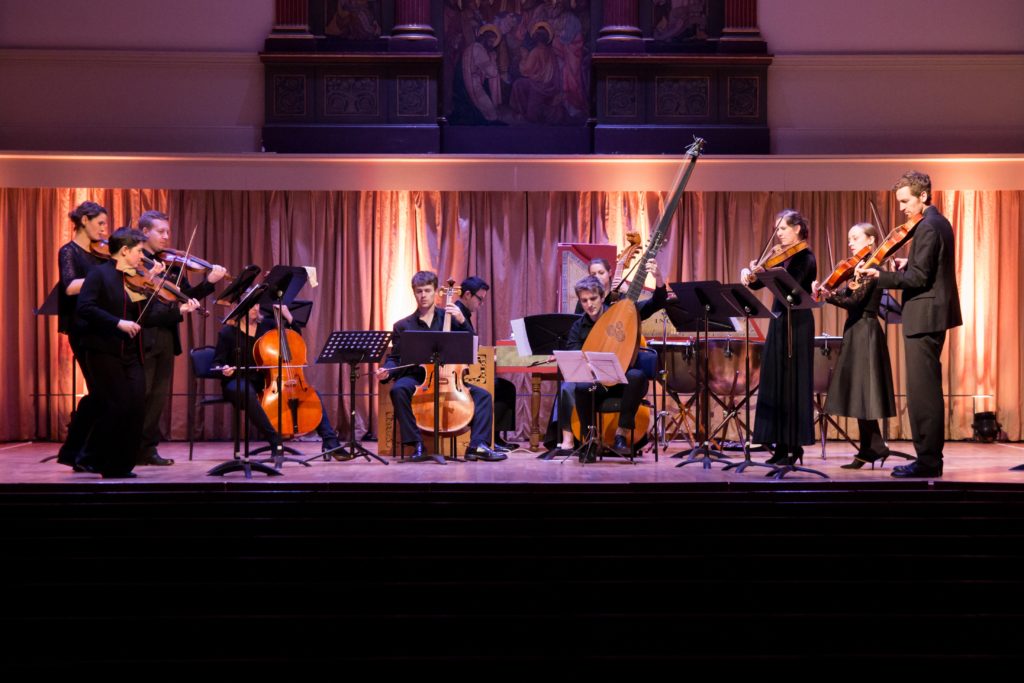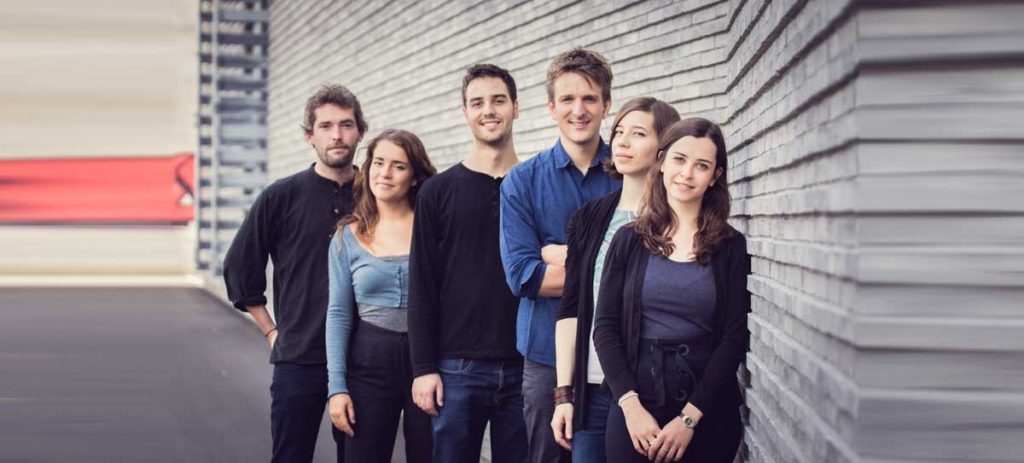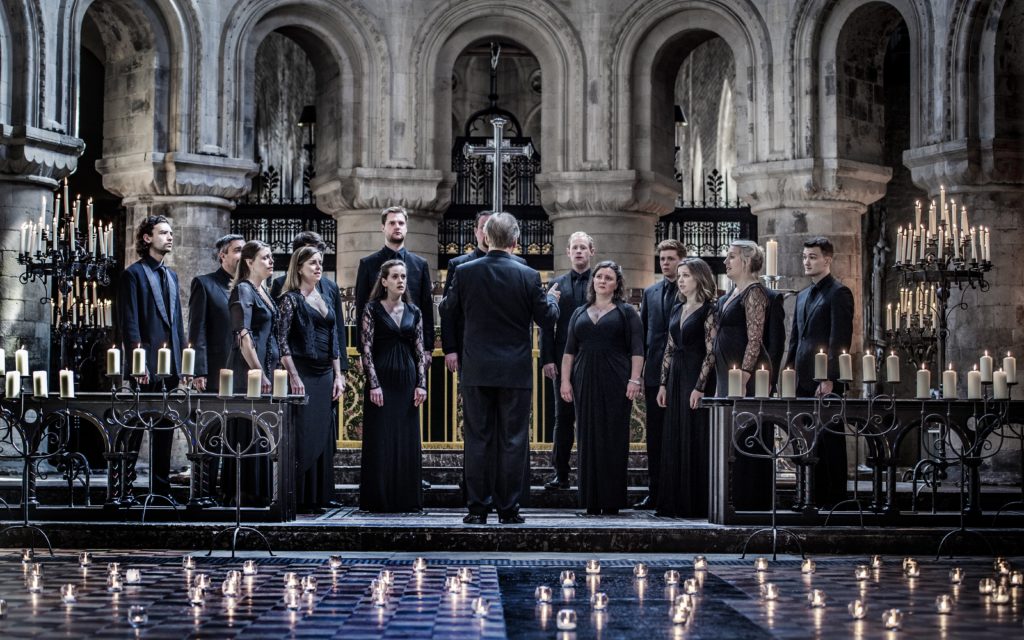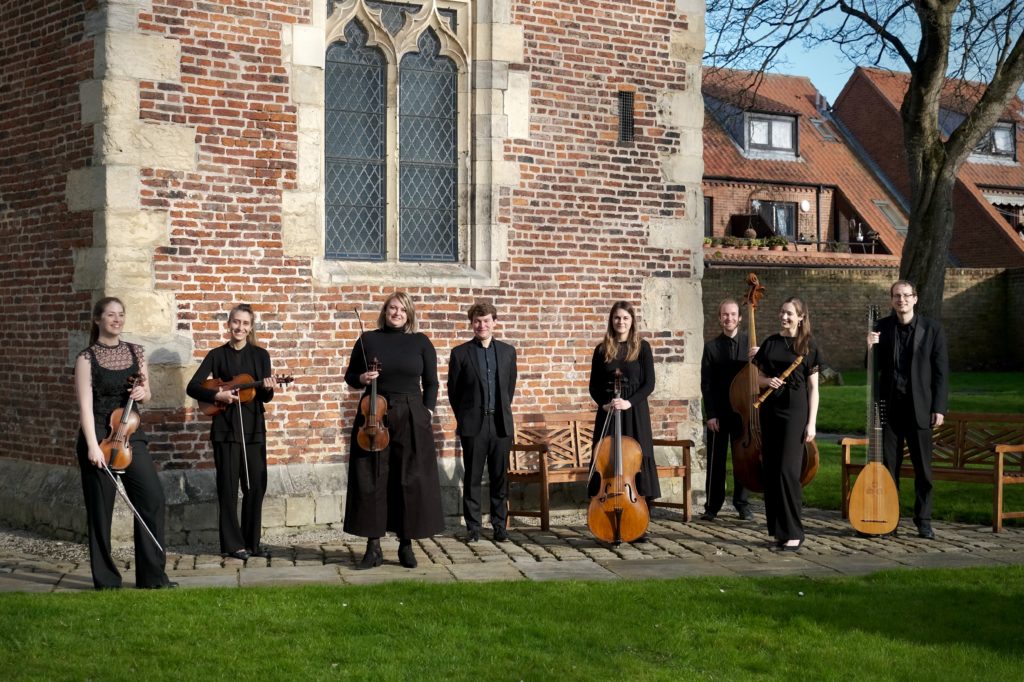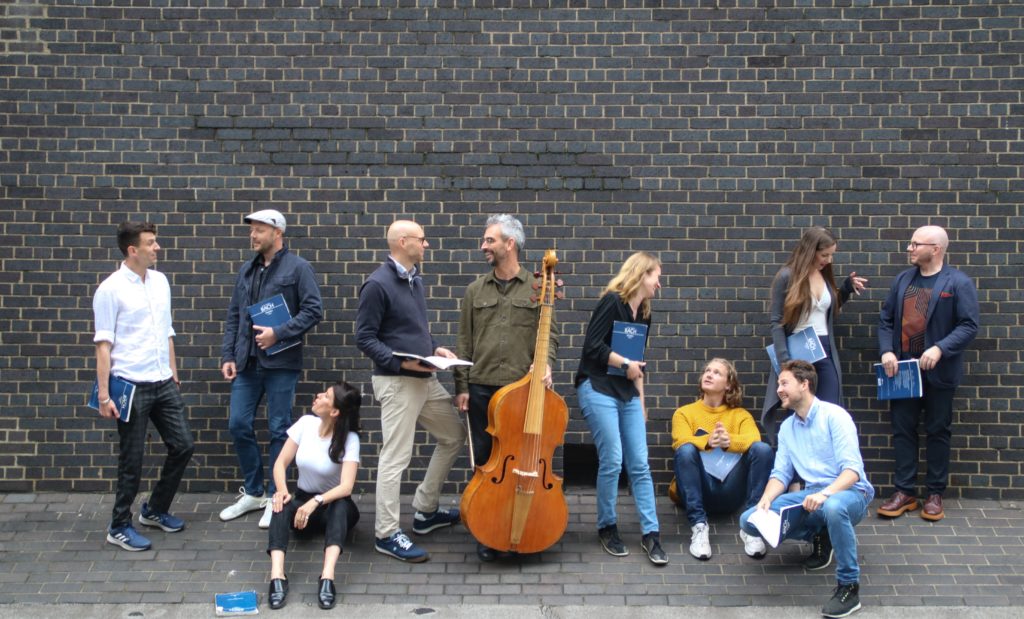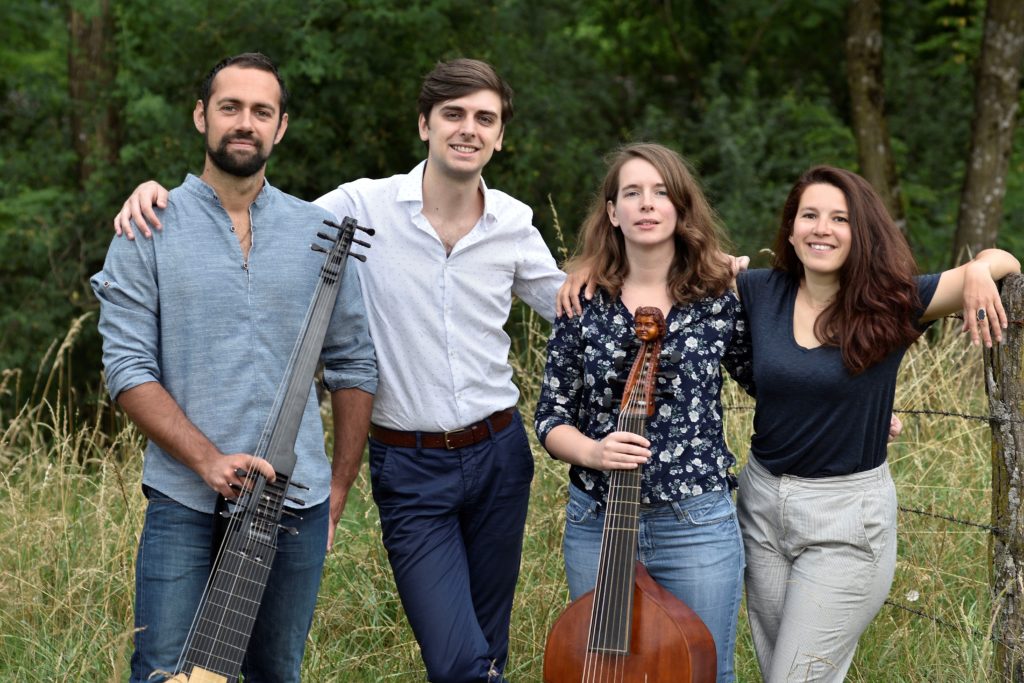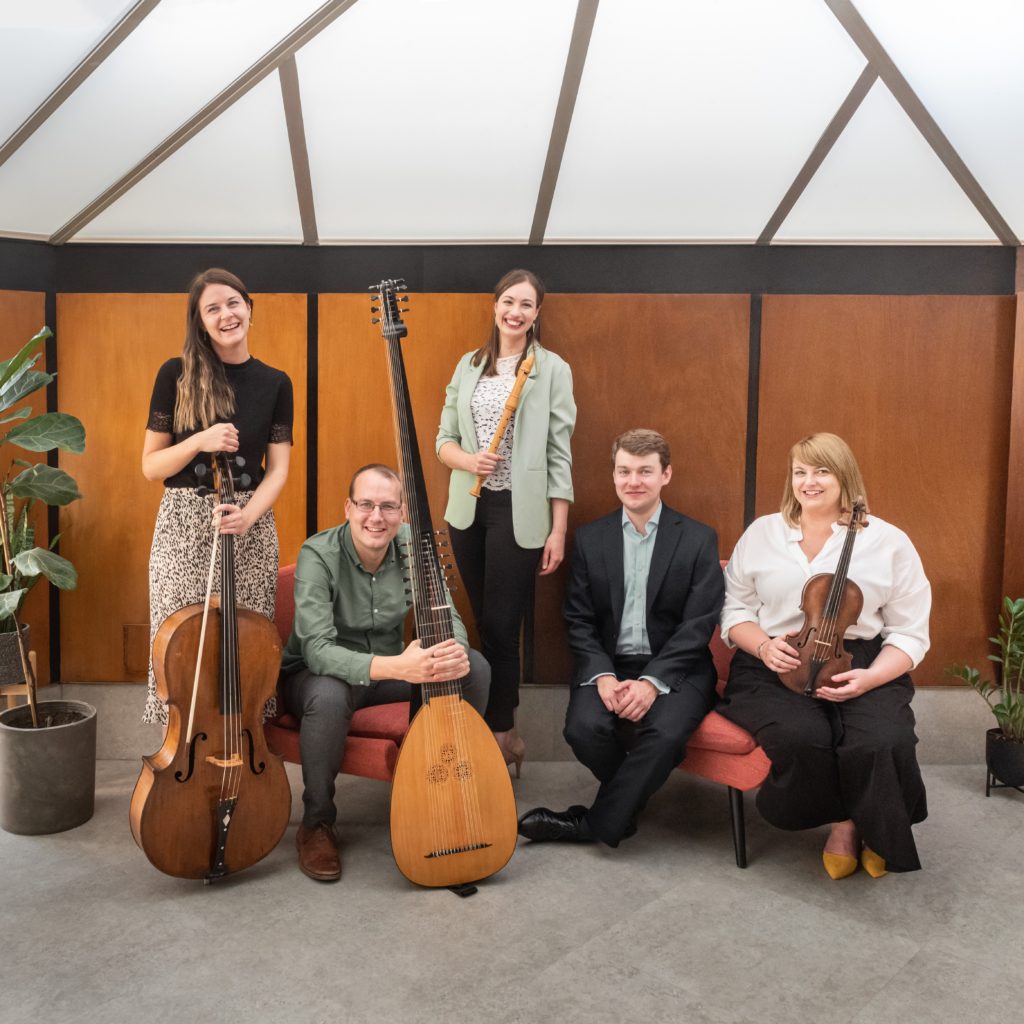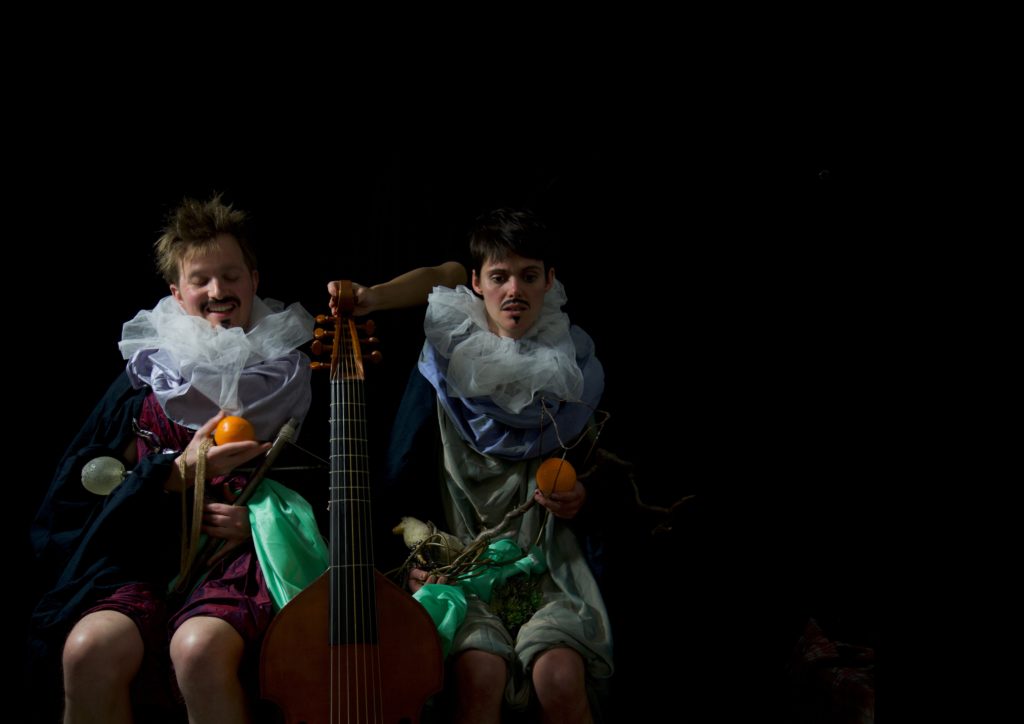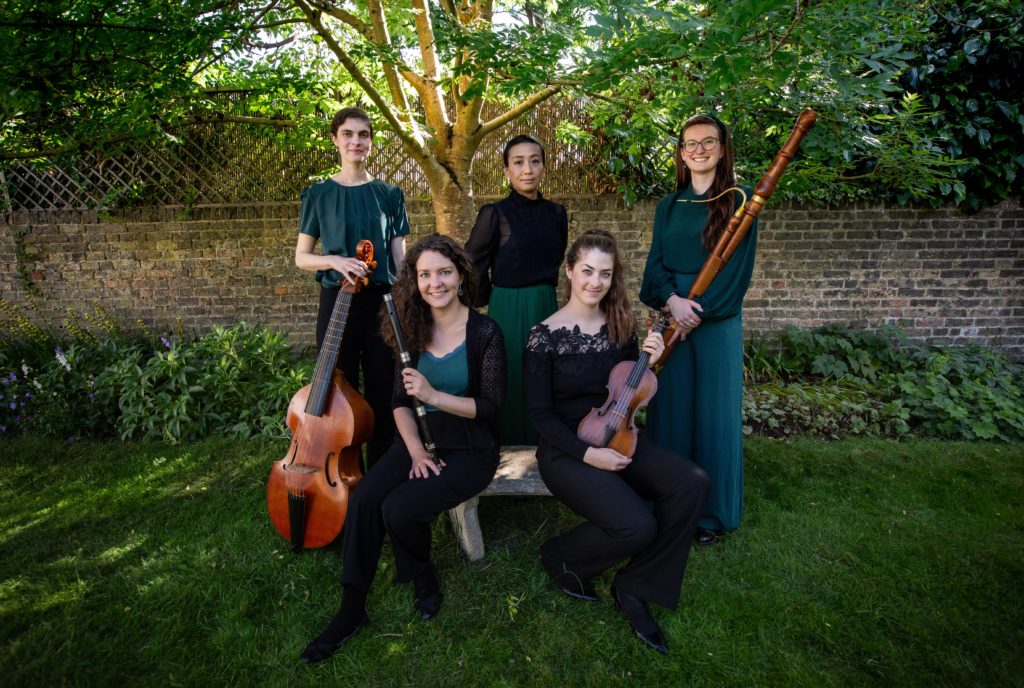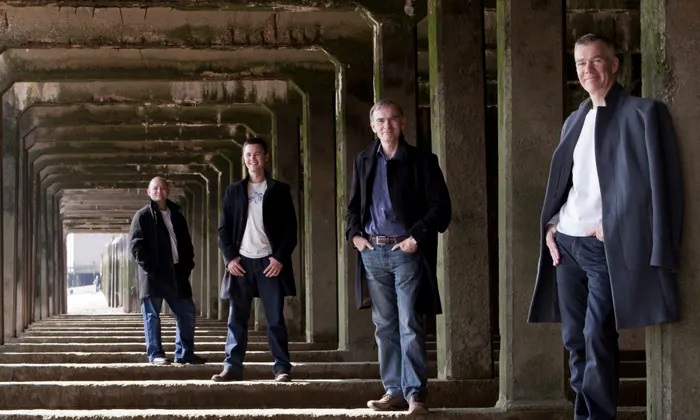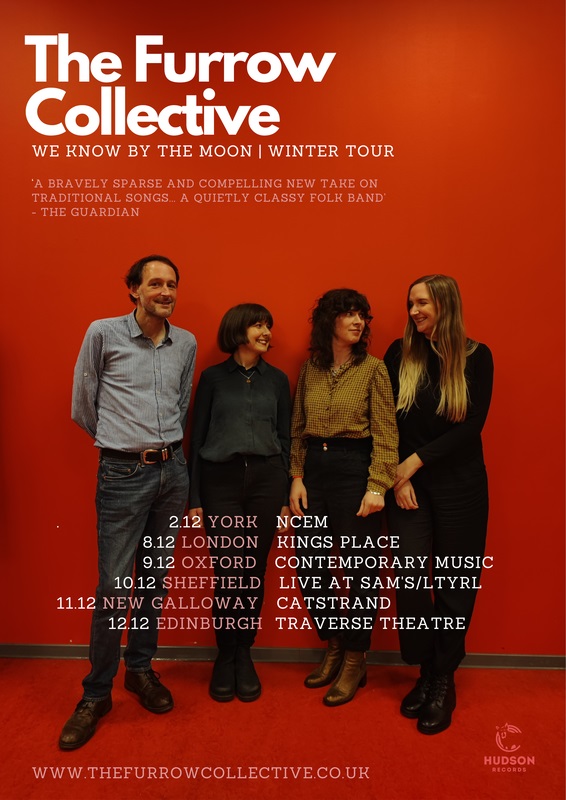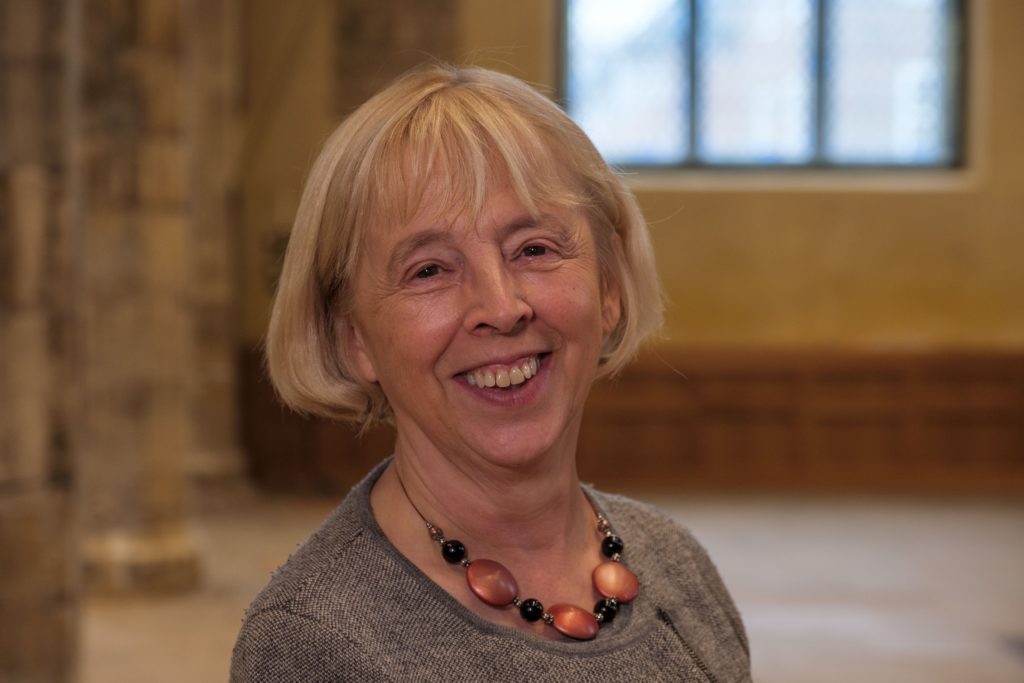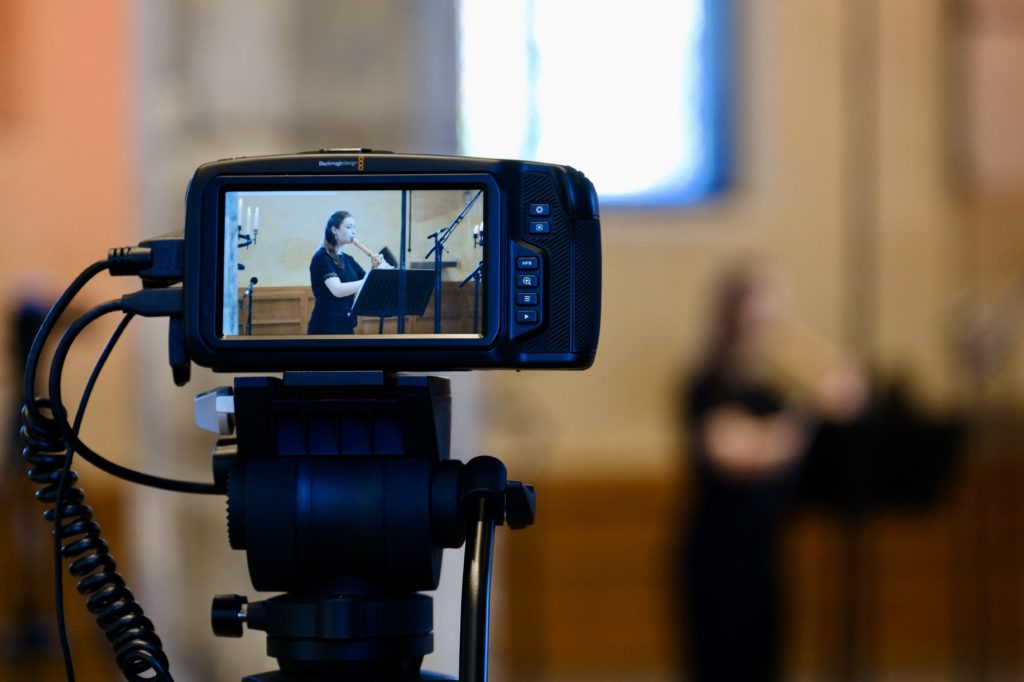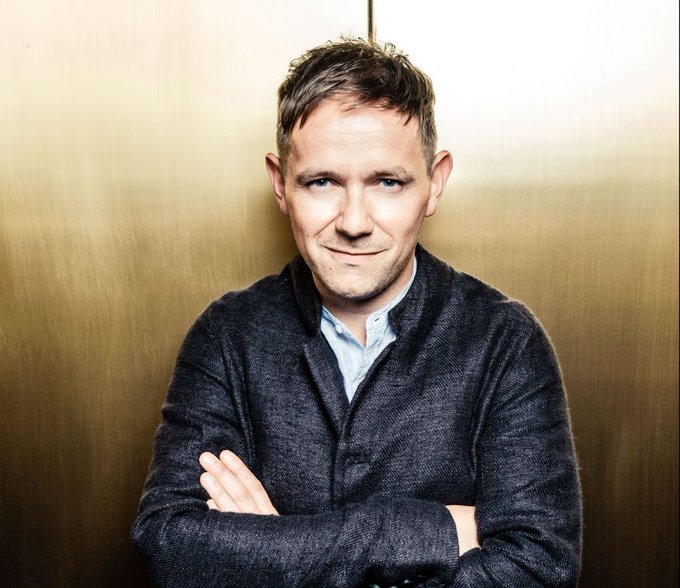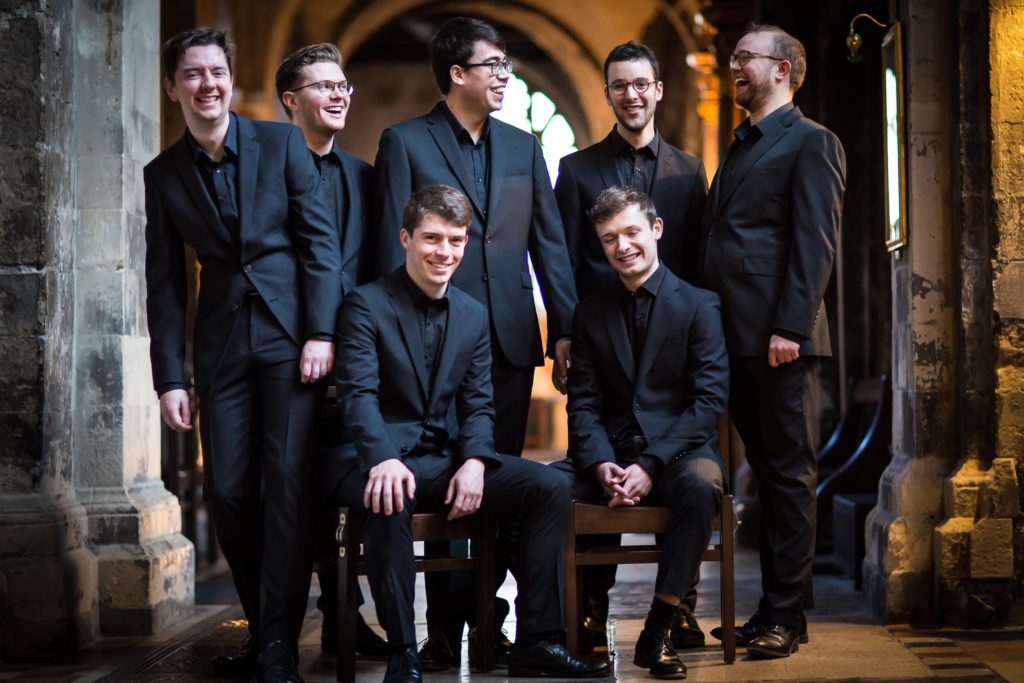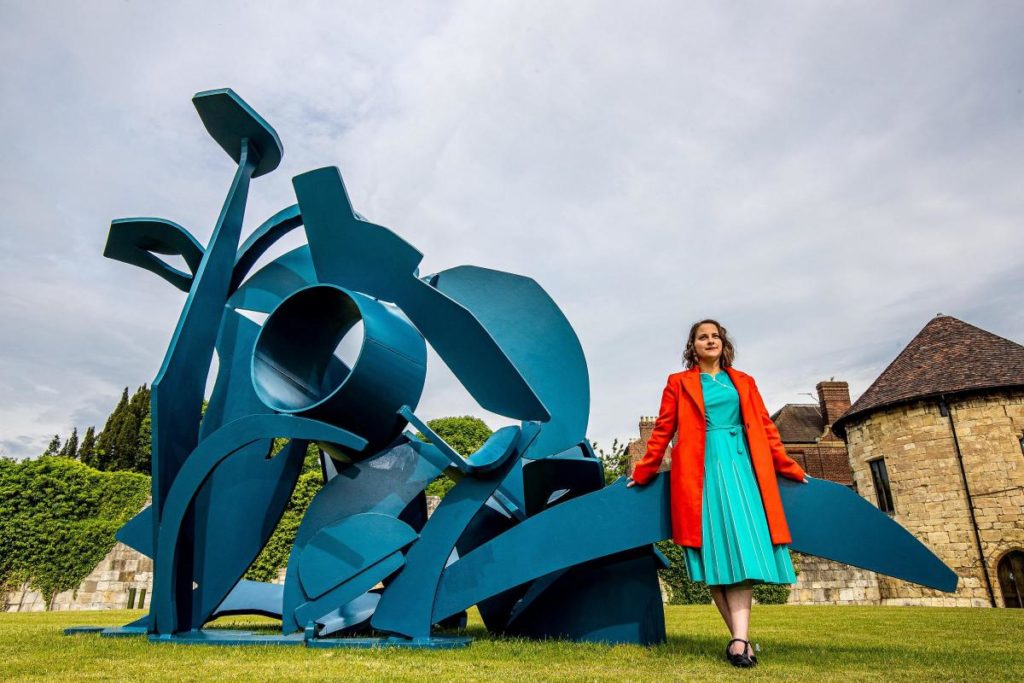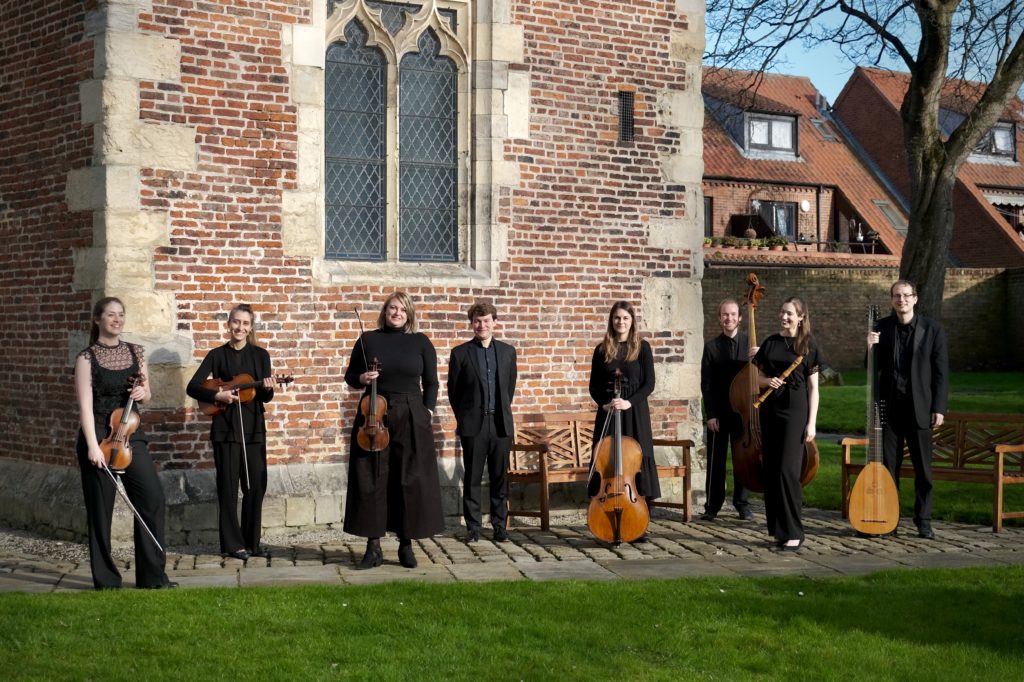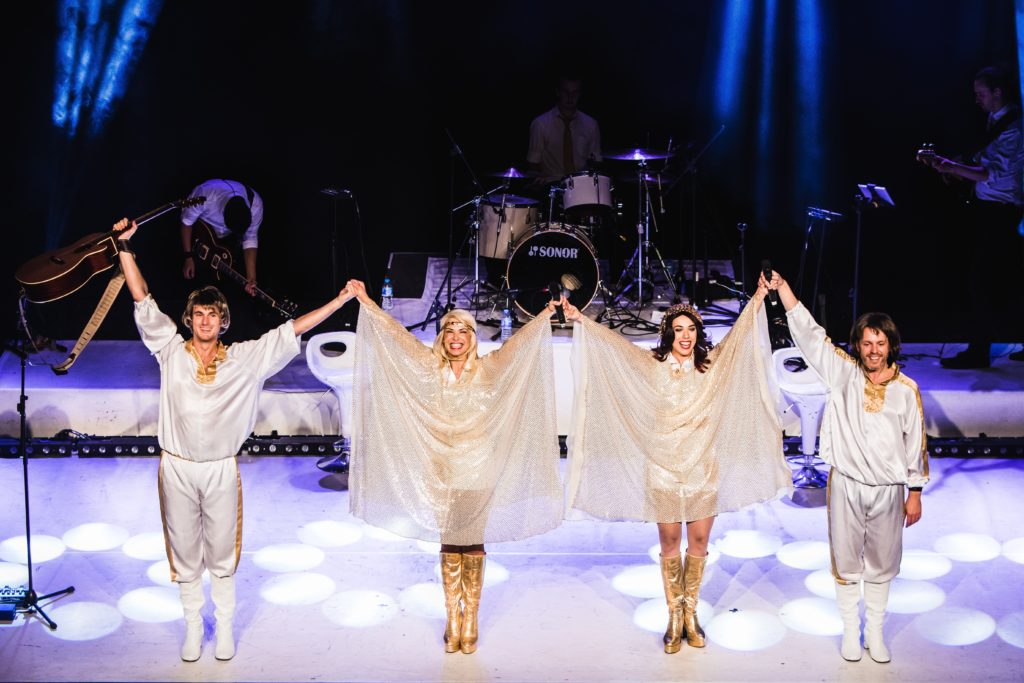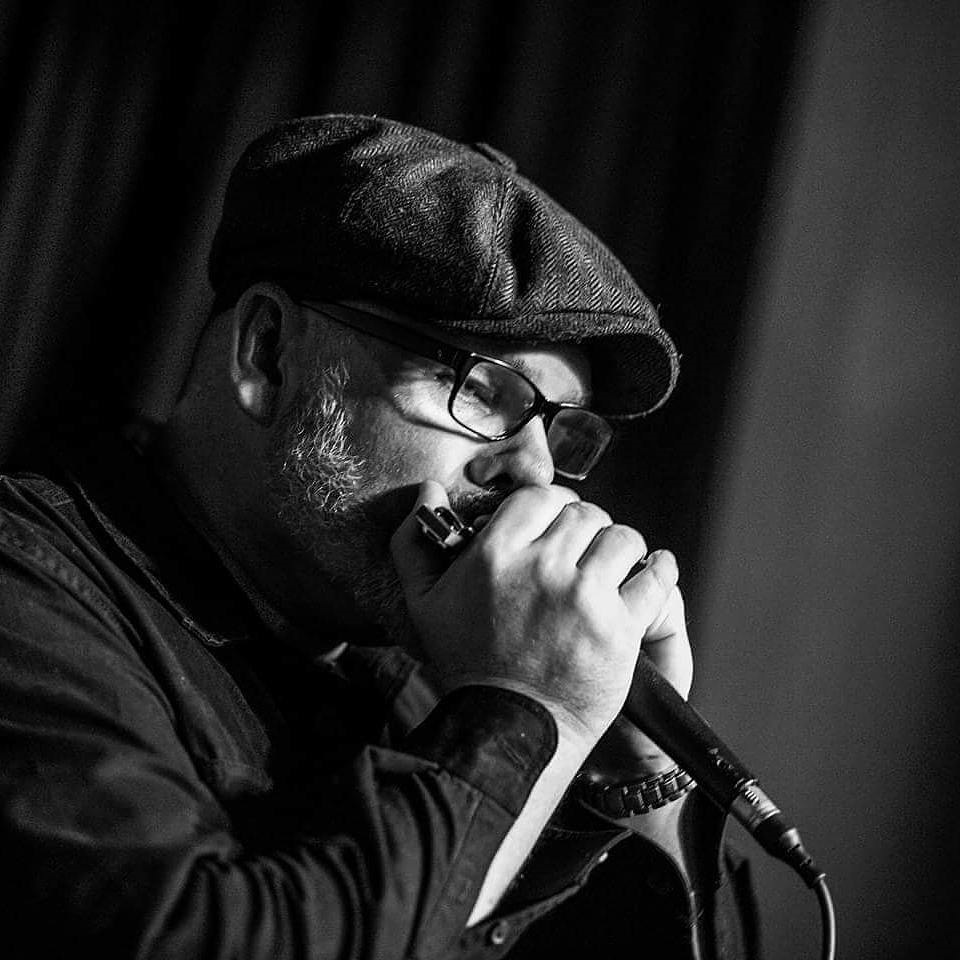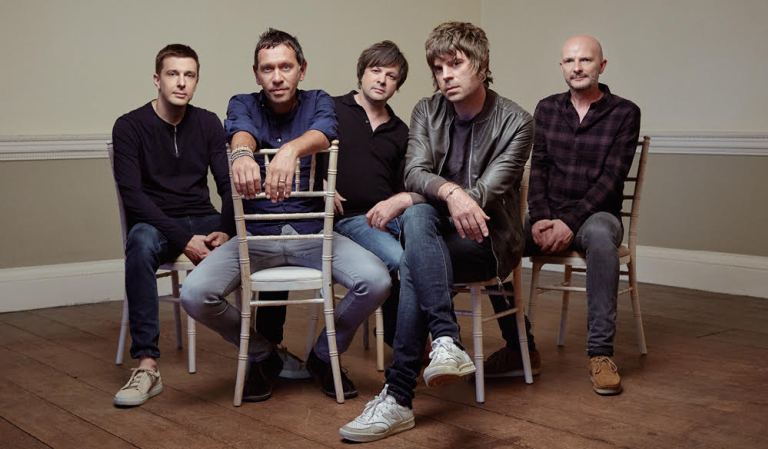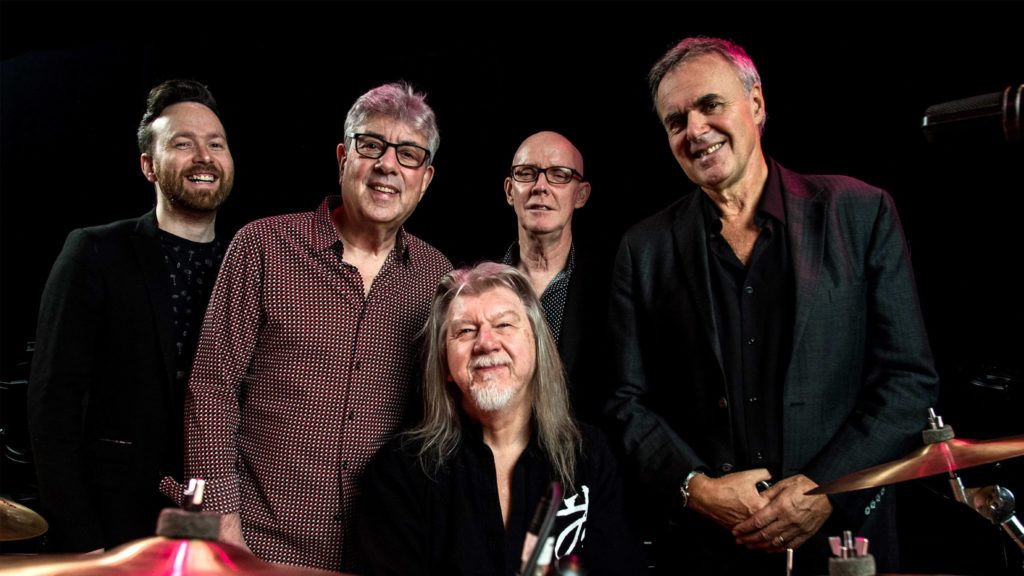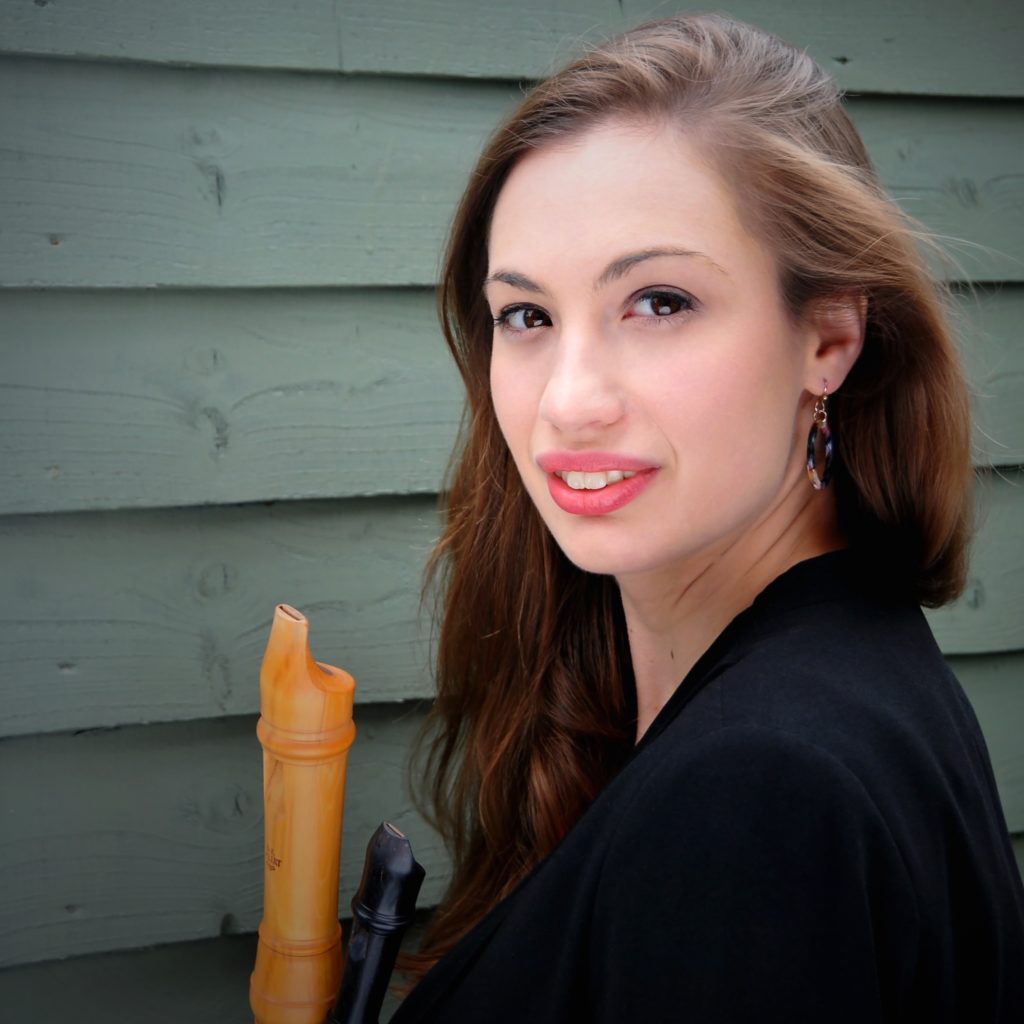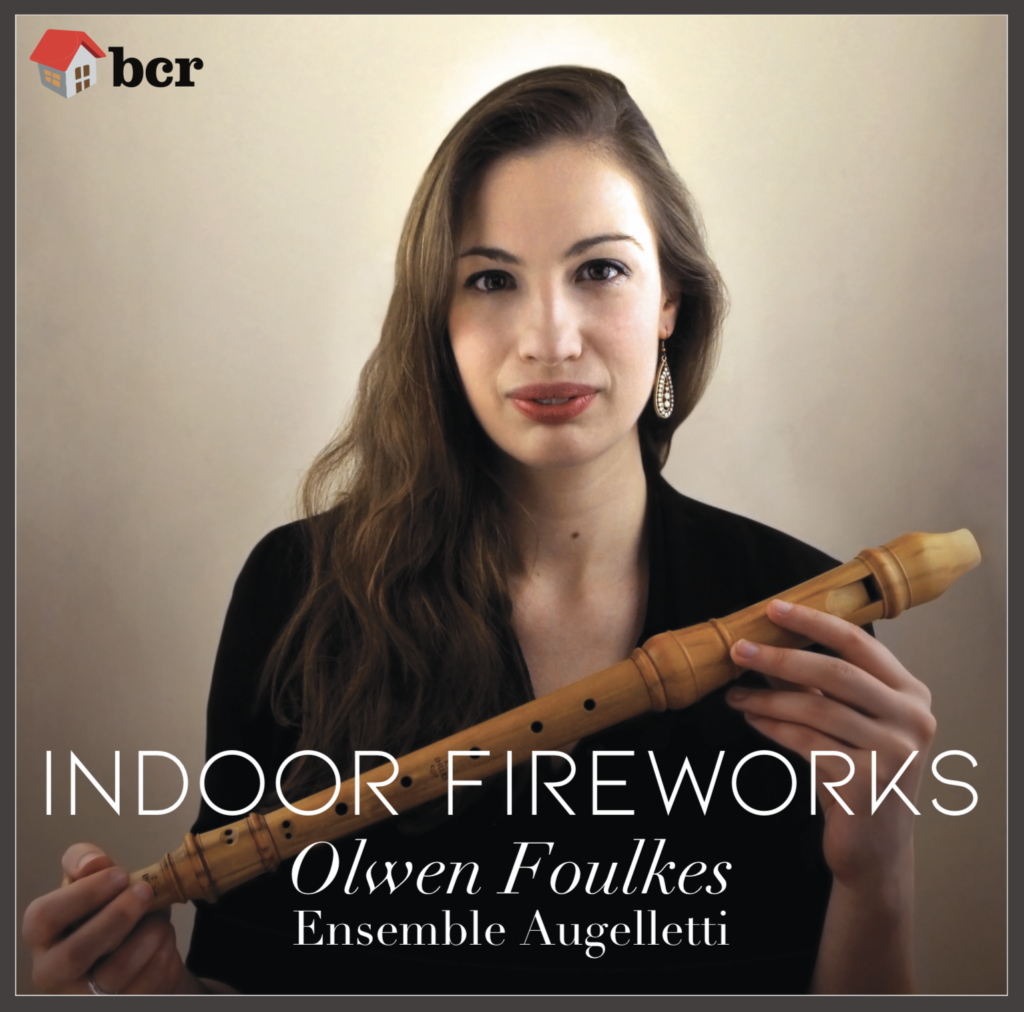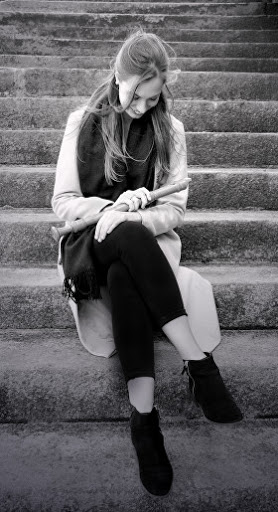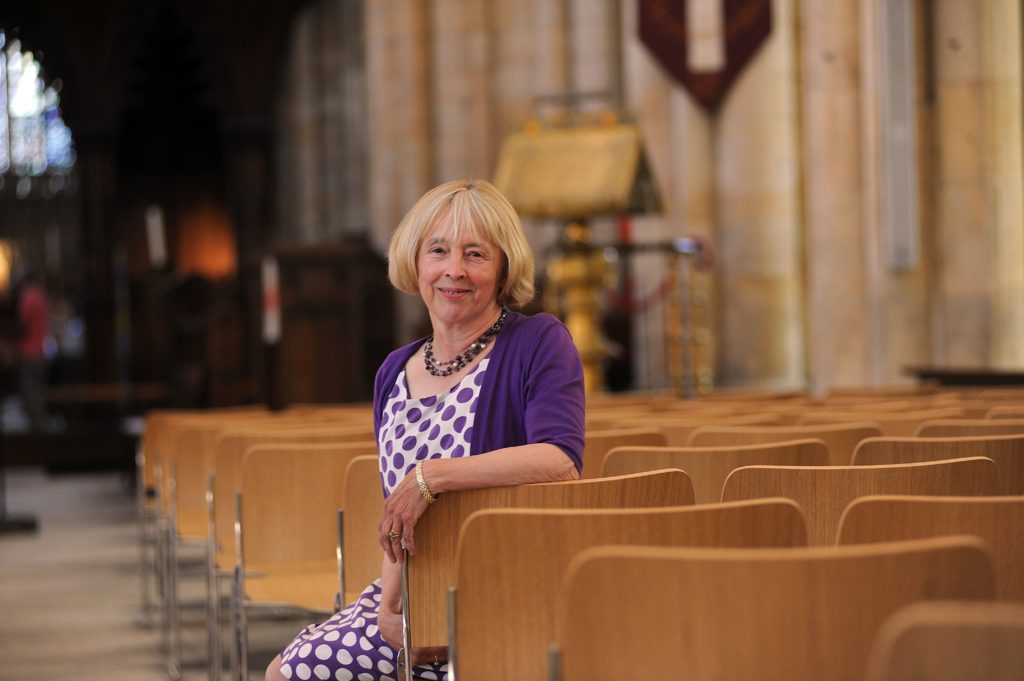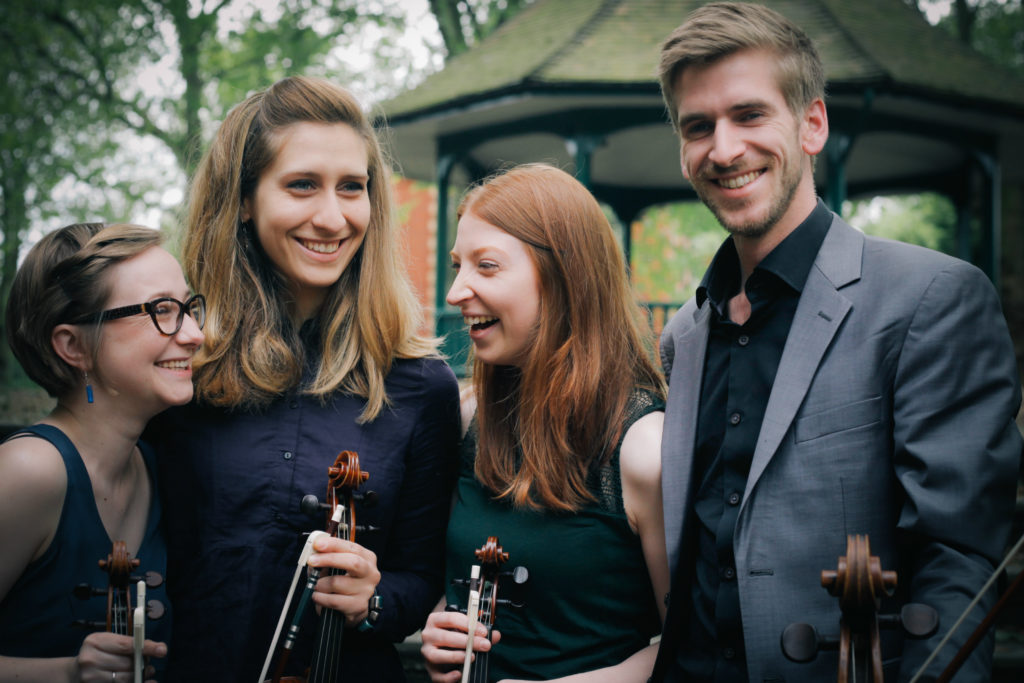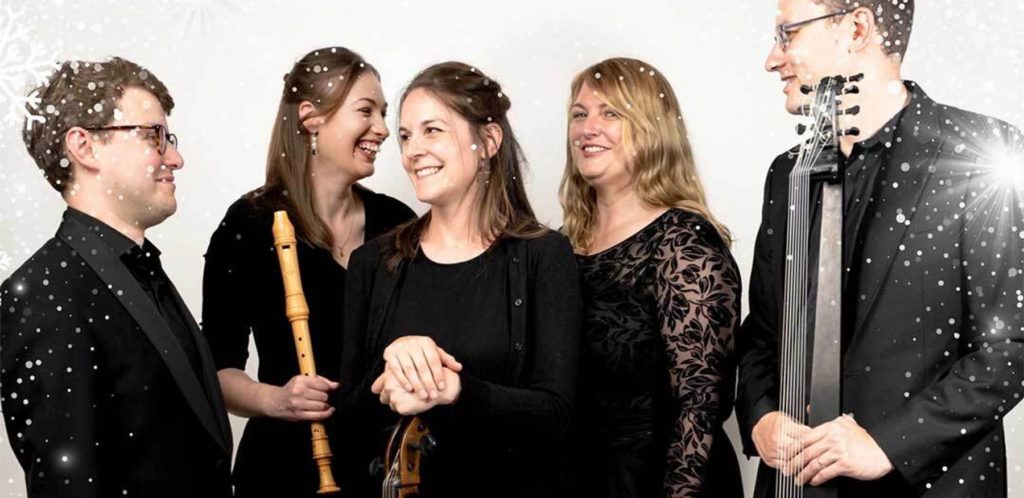
Ensemble Augelletti, The Morning Star, National Centre for Early Music, York, December 13
IT didn’t take me long to work out that the Morning Star in question was not “the only English-language socialist daily newspaper in the world” (Wikki), but also the name for the planet Venus when it appears in the east before sunrise.
Indeed, Ensemble Augelletti’s inspirational programme “celebrating star-gazers across the centuries” was itself inspired by one Edward Piggott who, in a letter dated 23 December 1784, “recounted his discovery of variable stars and made York the centre of the astronomical world”, where it has remained ever since.
The cosmic journey began with Sonata a Tre Pastorale by Johann Heinrich Schmelzer (a contemporary of the Austrian Jesuit astronomer Johann Grüber). I found the performance was simply charming, particularly the opening courteous exchanges between Olwen Foulkes (recorder) and Ellen Bundy (violin).
The two instrumentalists maintained their musical conversation throughout Giovanni Battista Fontana’s Sonata in D major no. 8. The virtuosic and rhythmic shifts enhanced the vibrancy of the performance. It’s worth noting, maybe, that both Fontana and Biagio Marini were composing during an era of remarkable astronomical advancements.
Benedict Williams performed Marini’s Sonata Sopra La Monica à 3, op. 8 no. 45, on the harpsichord instead of the organ. This change provided richer support for the violin and recorder. However, the performance of the piece, originally written for two violins and basso continuo, once again highlighted the soloist’s exchanges.
They appeared to be engaged in a musical competition, a musical one-upmanship (if I may be so bold), alternating florid, ornamented passages with homophonic textures. I particularly enjoyed the ending.
La Monica was a popular song that had been used by other composers to create sets of variations. Therefore, it was fitting that Olwen Foulkes prefaced the Marini with a beautiful performance of the Christmas tune Unto Us A Son Is Born by Jacob van Eyck.
With Henry Purcell’s Sonata No. 9 in F major, Z.810, affectionately known as the “Golden” Sonata, the programme transitioned into the distinctive Baroque style. The opening Allegro once again showcased the lively, intricate conversations between the two soloists.
The melancholic Largo, filled with the poignant imagery of “dying falls”, evoked profound emotions, but mercifully, it was lifted by a spirited contrapuntal Canzona. Once more, after a contemplative yet sombre reflection (Grave), the work concluded with a joyous dance, brimming with vitality. The knowing cadence is always guaranteed to bring a smile to your face, and it certainly did.
Handel’s A Flight Of Angels in C major, HWV600, was composed for a musical clock with a tiny organ inside, crafted by Charles Clay. I found the title, the concept and the performance delightful.
Corelli’s Sonata in F major, op. 5 no. 3 had so much going for it: the highly virtuosic opening Allegro with cadenza windows, as well as the driving energy and shaping of the concluding Allegro. But it was the tenderest of harpsichord and recorder duets in the central Adagio which moved me the most.
Telemann’s Trio Sonata in A minor commenced with the most enchanting violin playing in the opening Affetuoso. It was a delicate, persuasive and tender performance. The unaccompanied duet between the recorder and violin in the closing Menuet was equally impressive, showcasing the profound musical understanding between the two players.
The performance was preceded by the composer’s Wie Schön Leucht Uns der Morgenstern (How Lovely Shines The Morning Star), a Chorale Prelude for solo organ. Benedict Williams’s rendition of this piece, based on a Lutheran hymn by Philipp Nicolai, was a delight.
It was an intimate and almost hypnotic experience, listening to the performer skilfully weaving the composer’s diverse contrapuntal textures around the cantus firmus (fixed melody).
The Toccata Seconda & Canario by Giovanni Kapsberger were performed by Toby Carr on the theorbo. The opening Toccata is titled Arpeggiata, which is quite fitting. The playing was impeccable, showcasing the perfect technique. However, it sounded like Spanish music played on a guitar to me.
Well, the planets were certainly aligned in Mr Carr’s performance of this simple yet utterly seductive Canario. It essentially has a simple ground bass in 6/8 time with metric shifts (3/4), accompanied by the cosiest of melodies. The playing had a musical chocolatey comfort about it, so incredibly satisfying.
Heinrich Ignaz Franz von Biber’s Sonata in A major, La Pastorella, C.106, for violin and theorbo, is a virtuosic tour de force for the violin. While it may not possess the explosive fireworks of some of the more renowned sonatas, Ellen Bundy’s absolute mastery of the technical demands ensured an exhilarating performance experience. The piece also features moments of genuine charm.
For the final performance of this immensely gratifying concert, it was back to the ground bass, accompanied by the two instrumental protagonists, the recorder and the violin. They engaged in initial exchanges that escalated into rapid-fire volleys of melodic ideas, as if they were playing a game of musical tennis.
I would have appreciated hearing more from Benedict Williams (organ/harpsichord) as a solo contributor, but that’s a minor nitpick. Ensemble Augelletti is an incredibly impressive ensemble with a profound understanding of their innovative repertoire. They clearly enjoy playing together, and this joy was infectious.
P.S. I found the themed astronomy thread that runs throughout the entire programme to be delightfully bonkers. The example below is (meant to be) gently satirical…
Jeremy Paxman: “University of York, your starter for ten. What is the astronomical connection between composers George Frideric Handel and Arcangelo Corelli?”
University of York: “Corelli performed regularly in the Cardinal’s Monday evening concert series and benefited from his extensive music library, presided over by librarian and astronomer Francesco Bianchini (1662-1729).
“Both [composers] were members of the literary society Accademia dell’Arcadia and engaged in an exhilarating exchange of artistic and scientific research. Whilst Corelli became famous for his use of a new style of harmony that operates around the tension and release of diatonic dissonance and resolution, Biancini is remembered for research that includes…his study of Venus, the morning star.” (Olwen Foulkes)
Review by Steve Crowther

